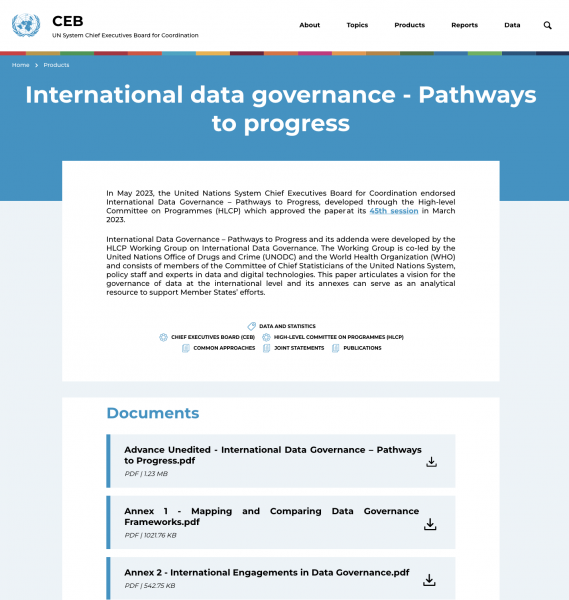Article by Neeti Pokhriyal and Till Koebe: “Recent academic works have demonstrated the efficacy of employing or integrating “non-traditional” data (e.g., social media, satellite imagery, etc) for situational awareness tasks…
Despite these successes, we identify four critical challenges unique to the area of diplomacy that needs to be considered within the growing AI and diplomacy community going ahead:
1. First, decisions during crises are almost always taken using limited or incomplete information. There may be deliberate misuse and obfuscation of data/signals between different parties involved. At the start of a crisis, information is usually limited and potentially biased, especially along socioeconomic and rural-urban lines as crises are known to exacerbate the vulnerabilities already existing in the populations. This requires AI tools to quantify and visualize calibrated uncertainty in their outputs in an appropriate manner.
2. Second, in many cases, human lives and livelihoods are at stake. Therefore, any forecast, reasoning, or recommendation provided by AI assistance needs to be explainable and transparent for authorized users, but also secure against unauthorized access as diplomatic information is often highly sensitive. The question of accountability in case of misleading AI assistance needs to be addressed beforehand.
3. Third, in complex situations with high stakes but limited information, cultural differences and value-laden judgment driven by personal experiences play a central role in diplomatic decision-making. This calls for the use of learning techniques that can incorporate domain knowledge and experience.
4. Fourth, diplomatic interests during crises are often multifaceted, resulting in deep mistrust in and strategic misuse of information. Social media data, when used for consular tasks, has been shown to be susceptible to various d-/misinformation campaigns, some by the public, others by state actors for strategic manipulation…(More)”

